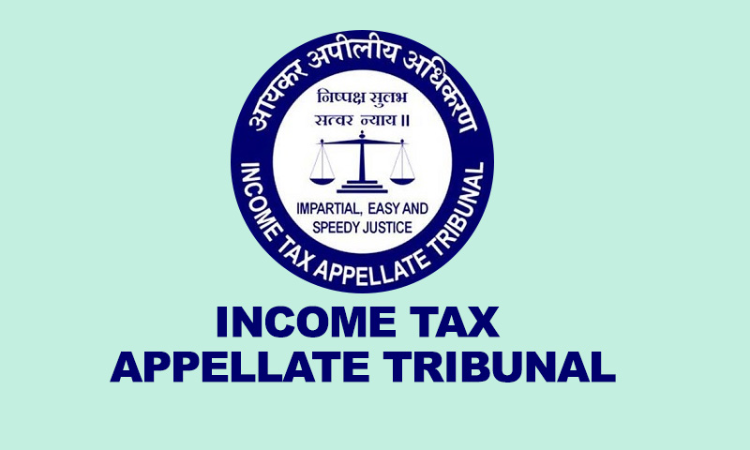The Delhi Bench of the Income Tax Appellate Tribunal (ITAT) has ruled that no disallowances can be made under Section 40A (3) of the Income Tax Act, 1961 for payments made otherwise than by way of account payee cheques or bank drafts for purchase of agricultural land, where the seller of the agricultural land has insisted on payment in cash. The Bench of Saktijit Dey (Judicial Member)...

